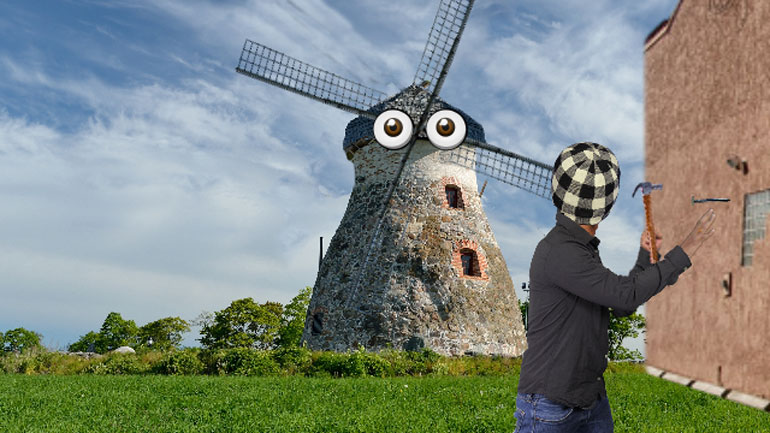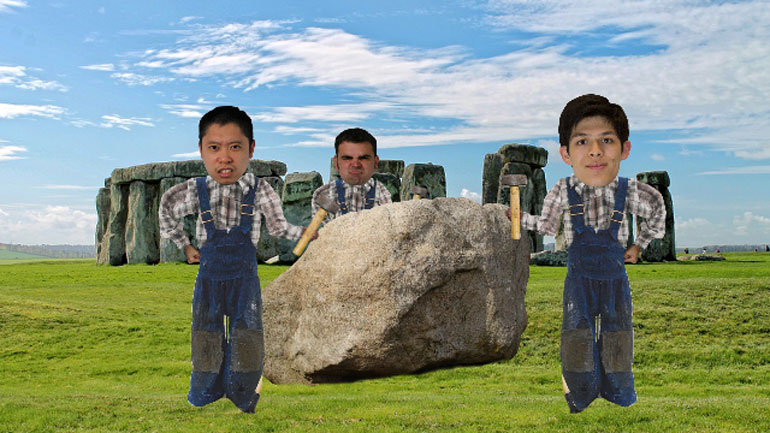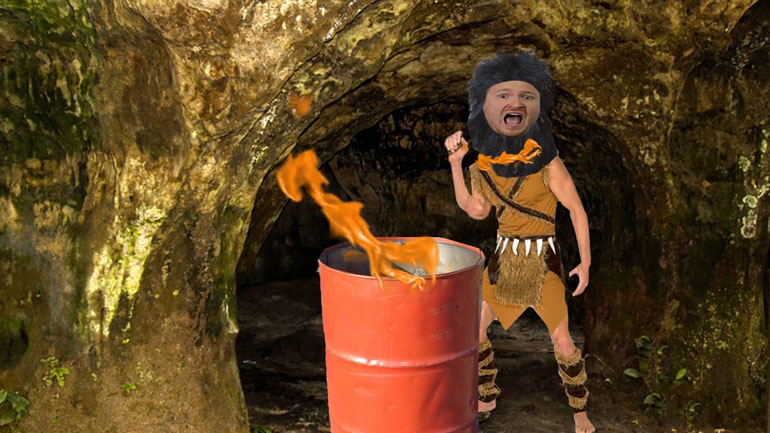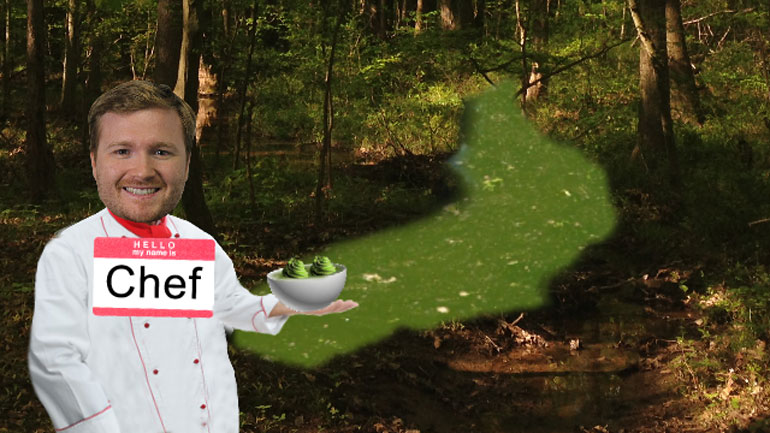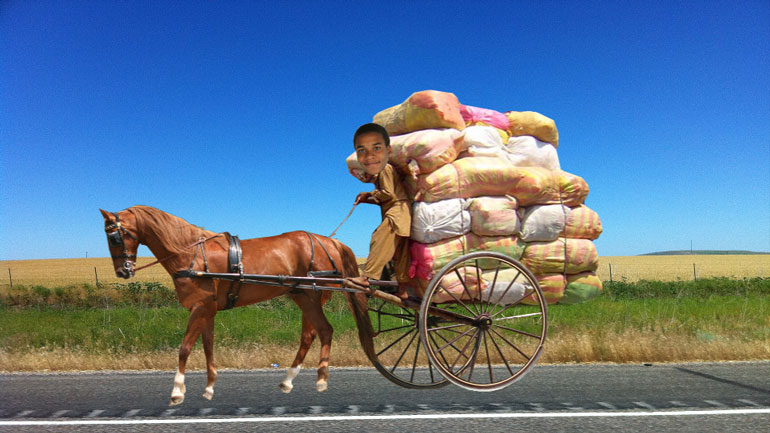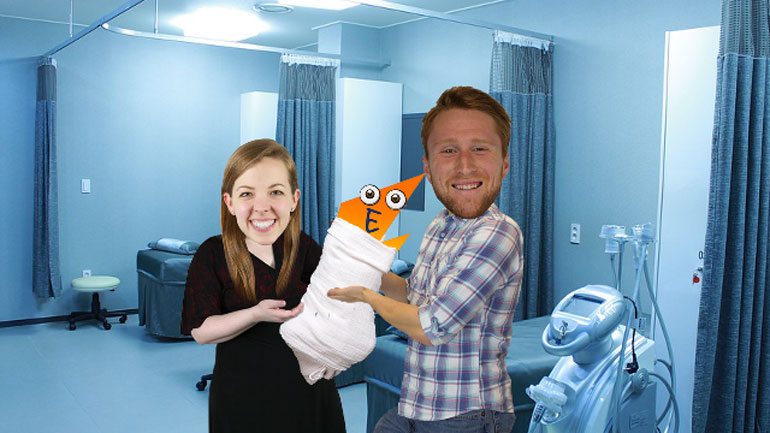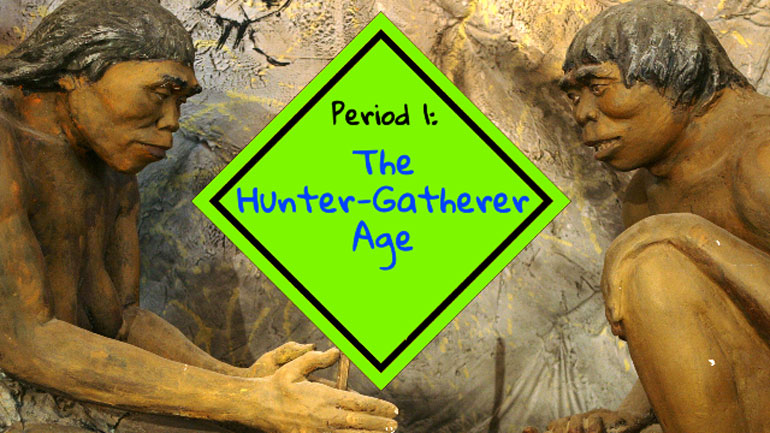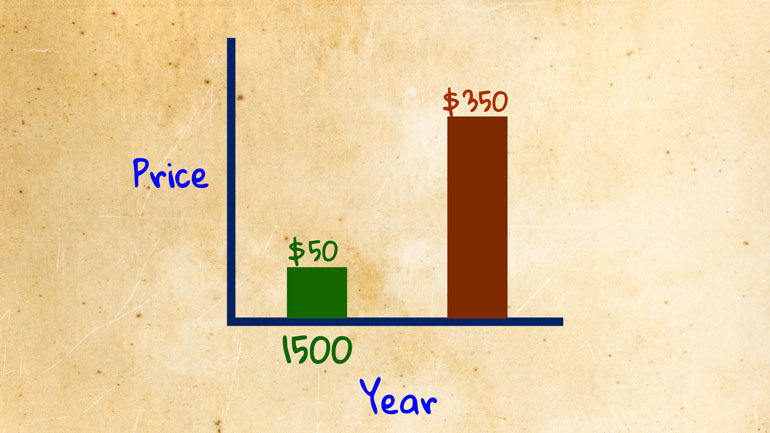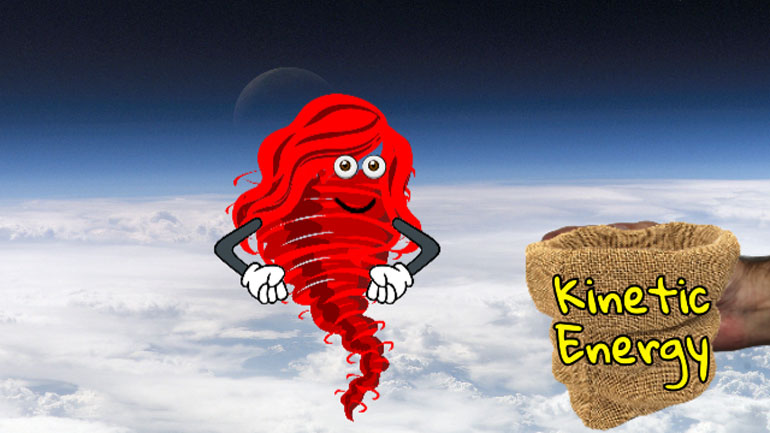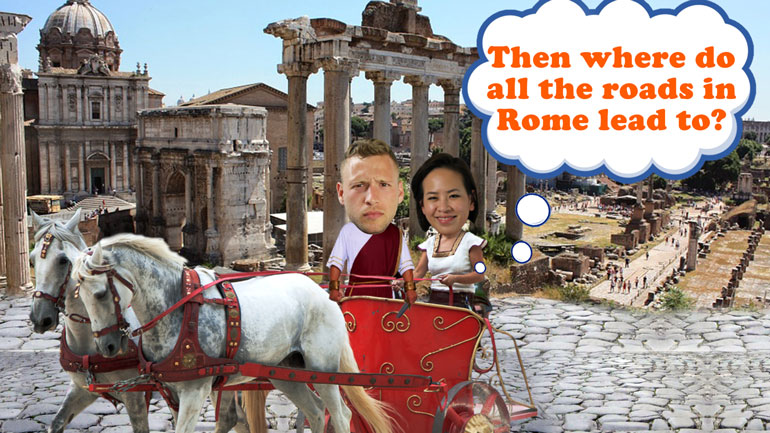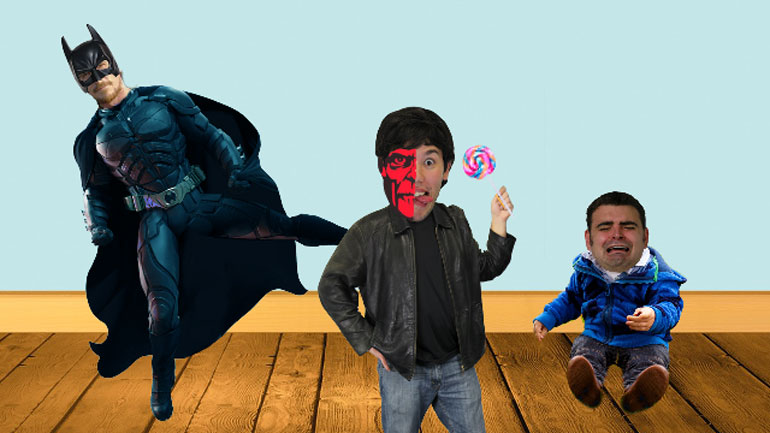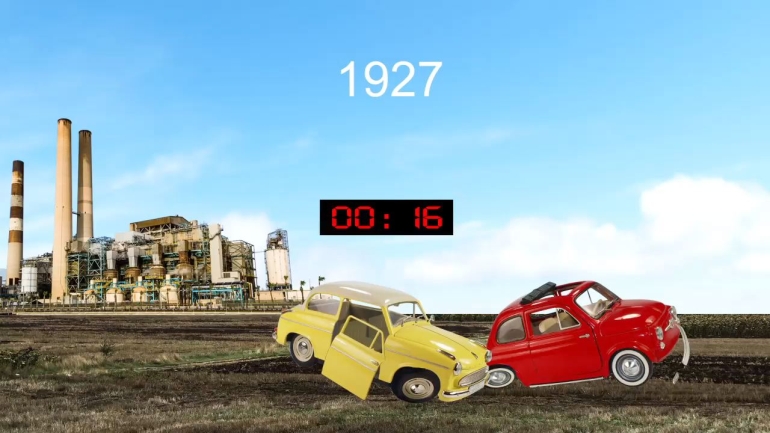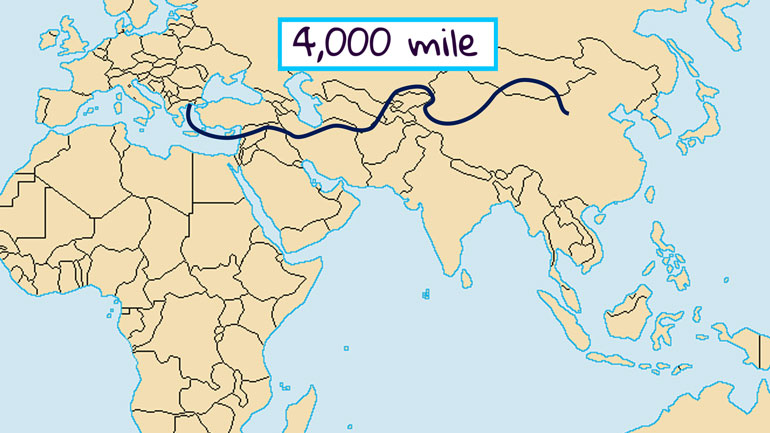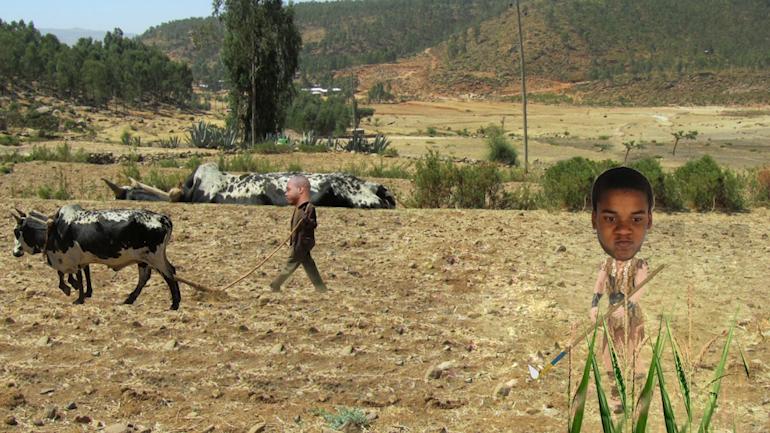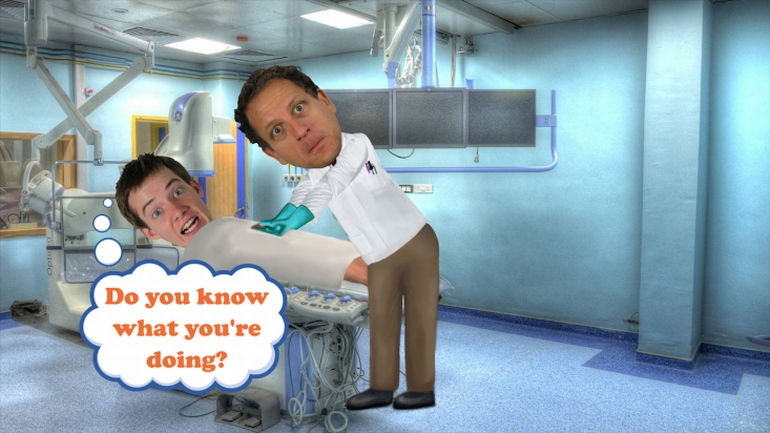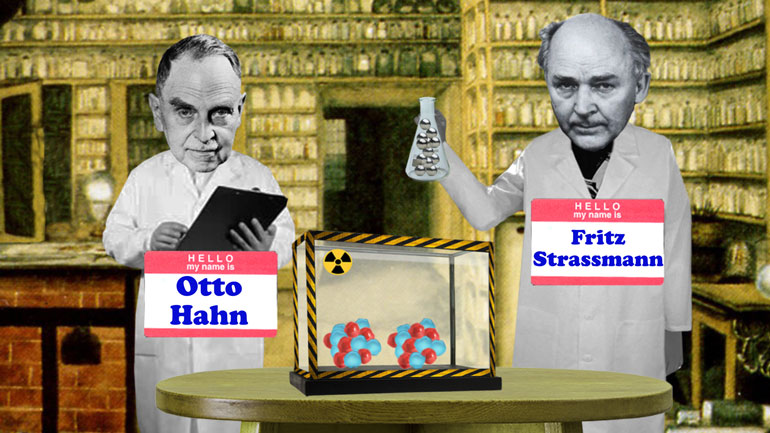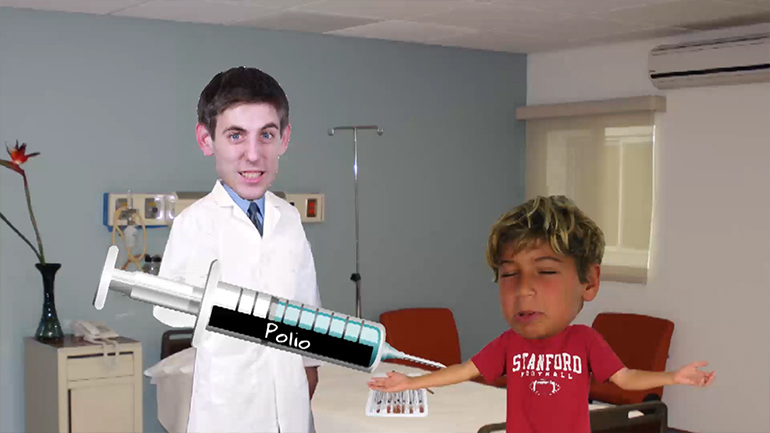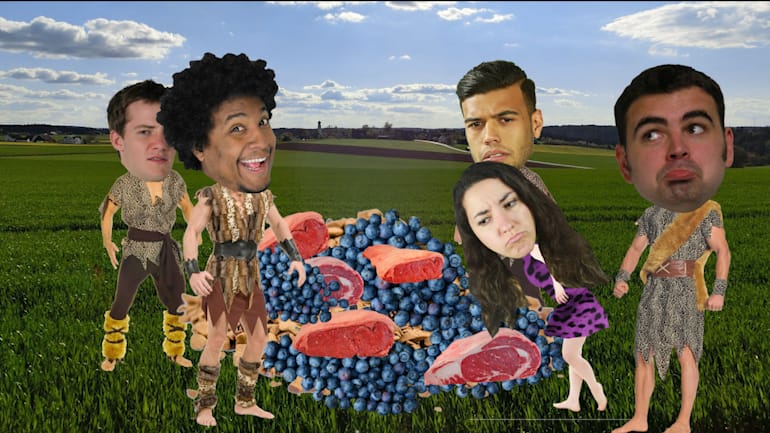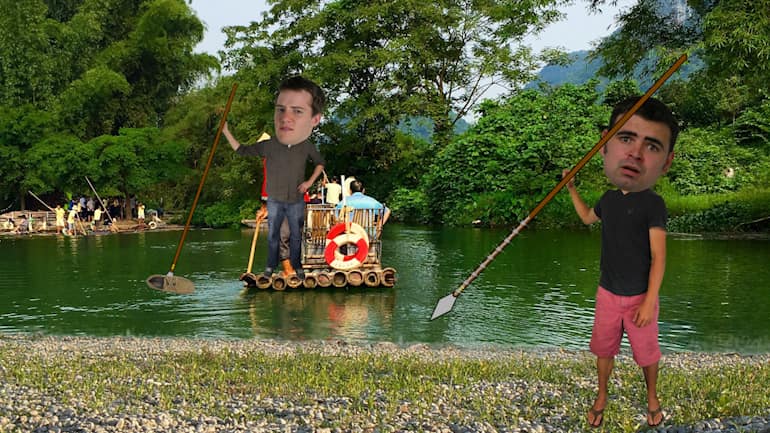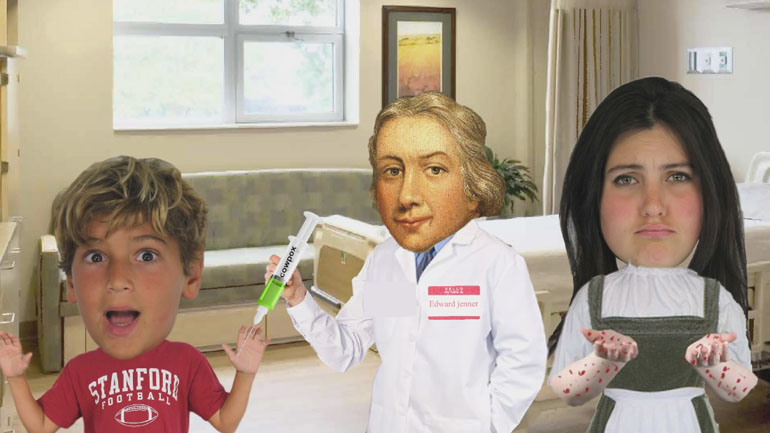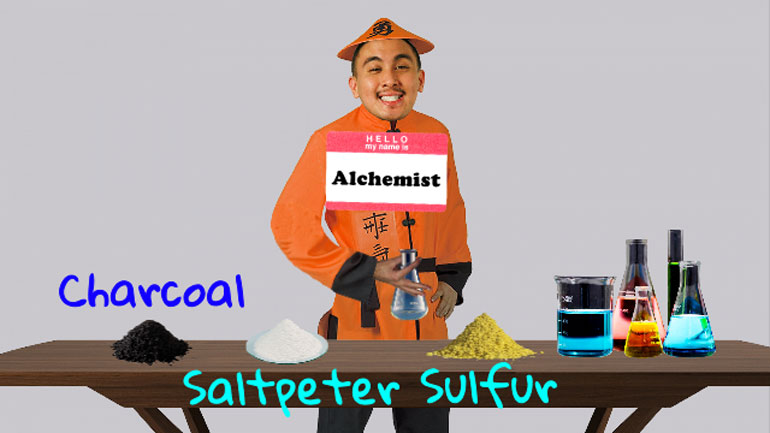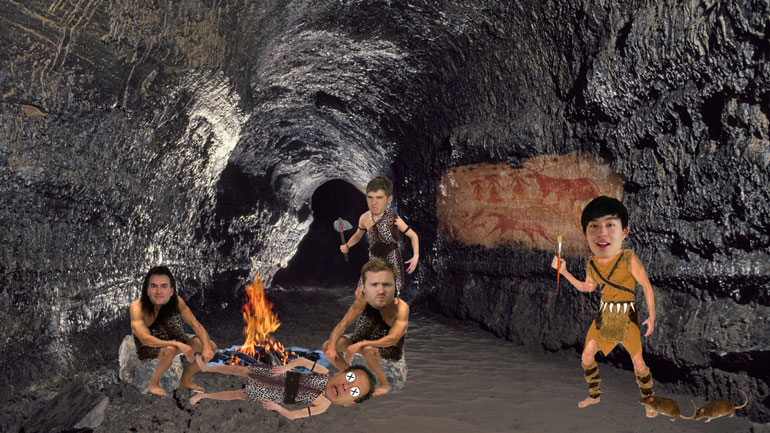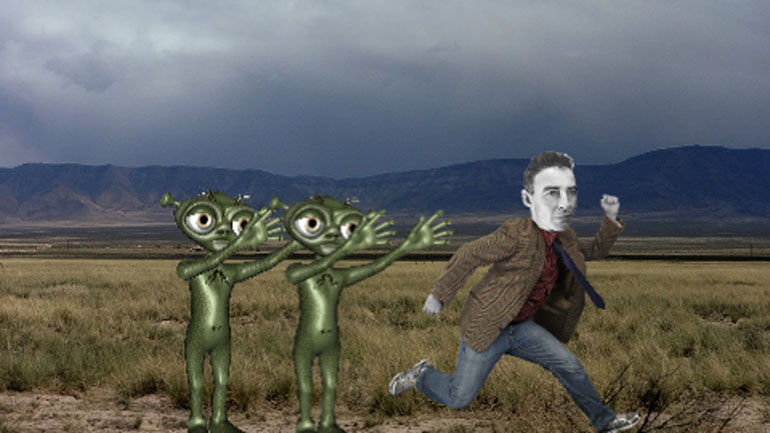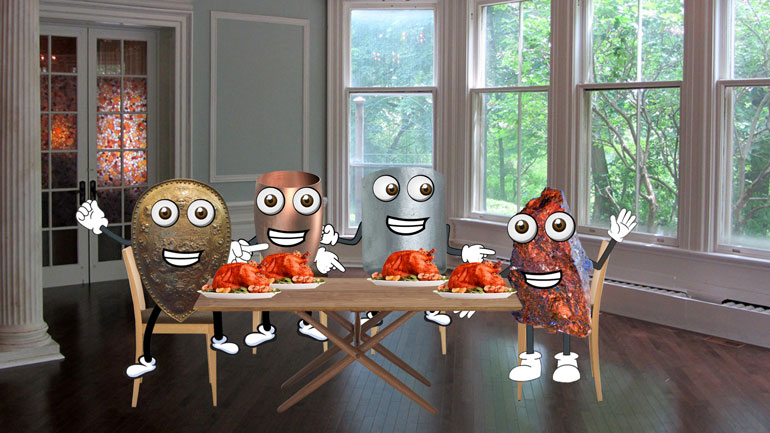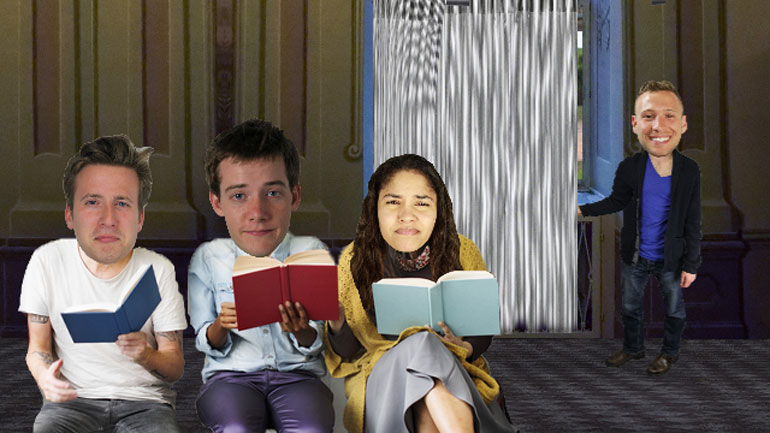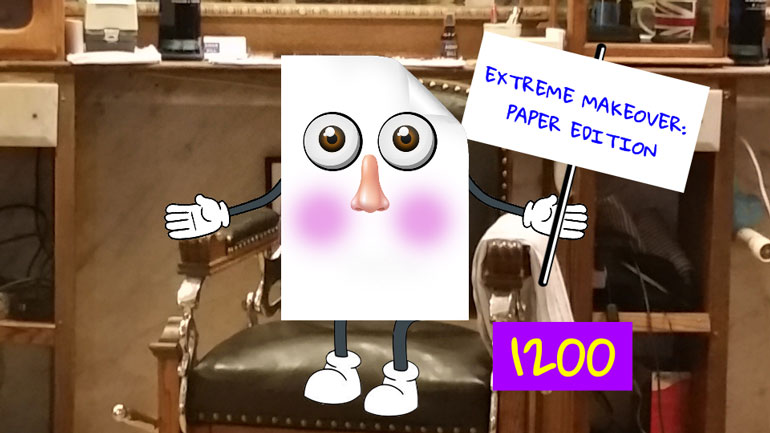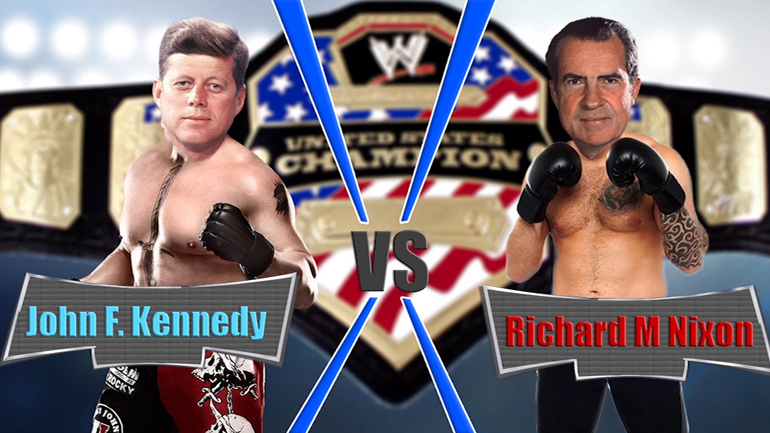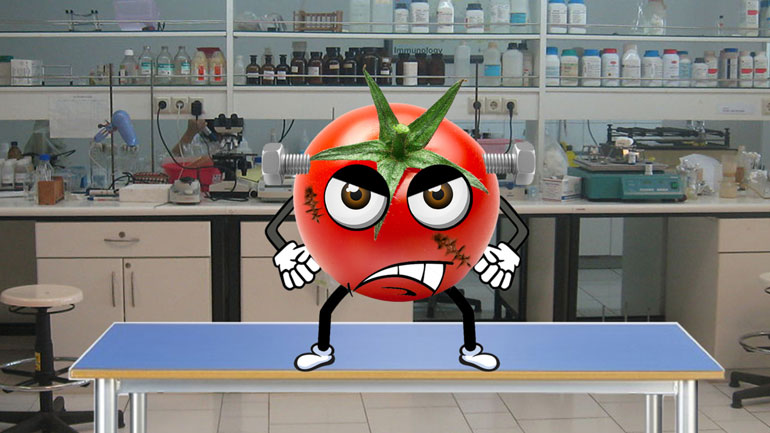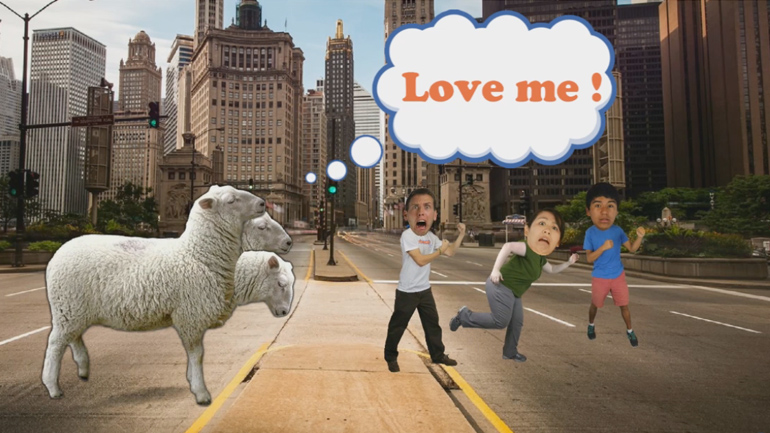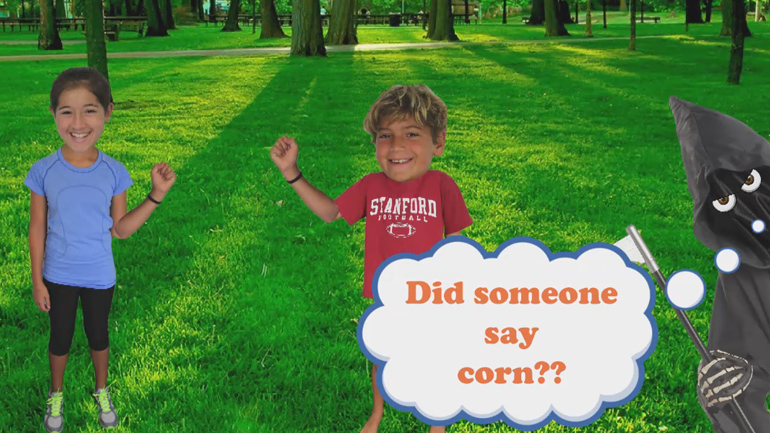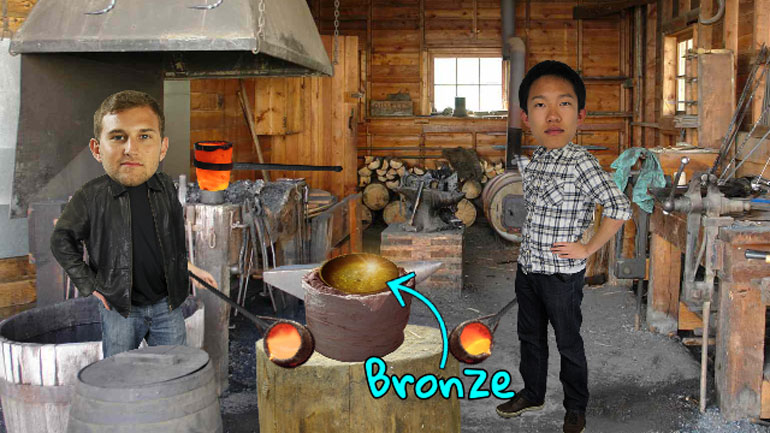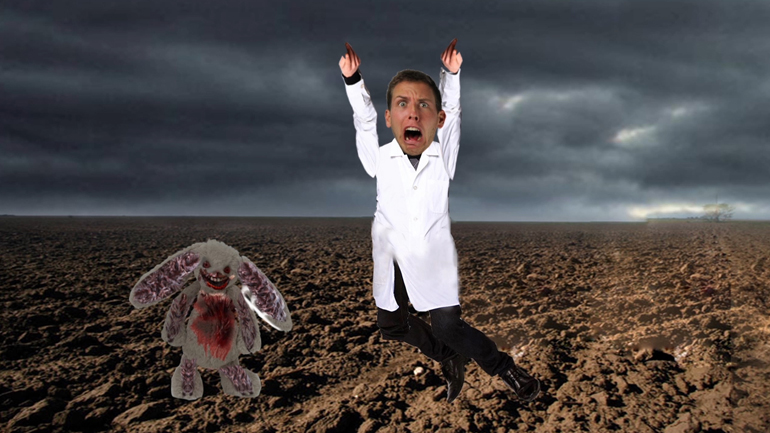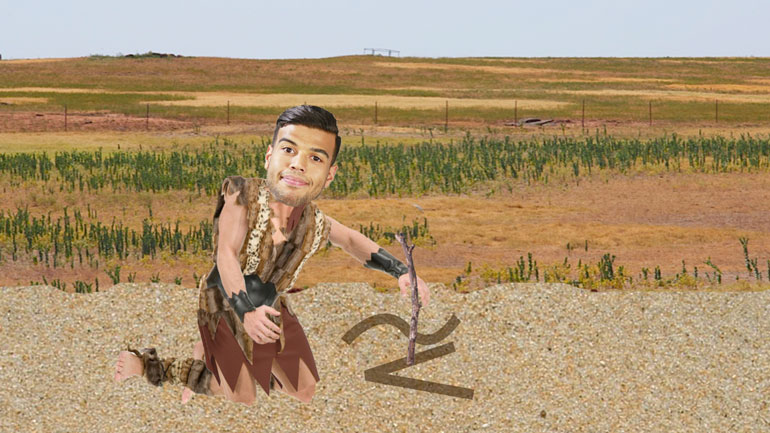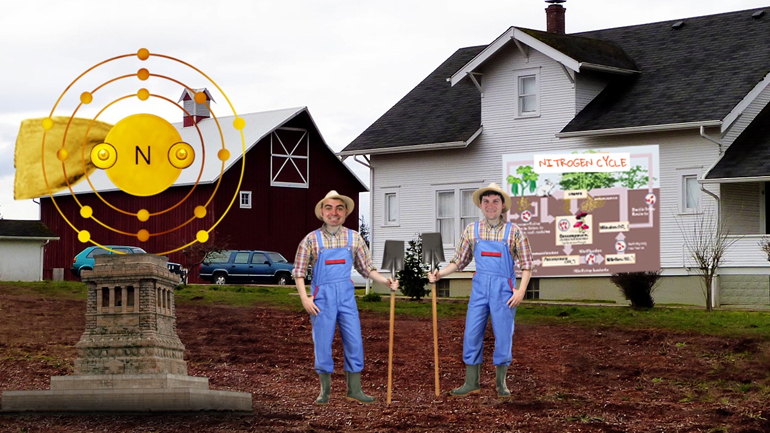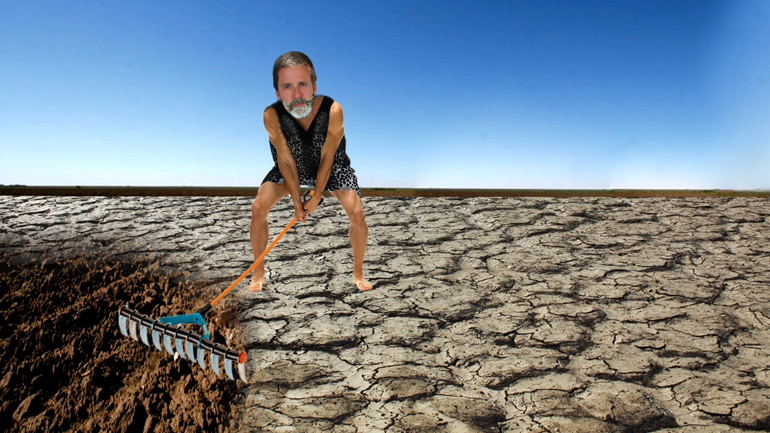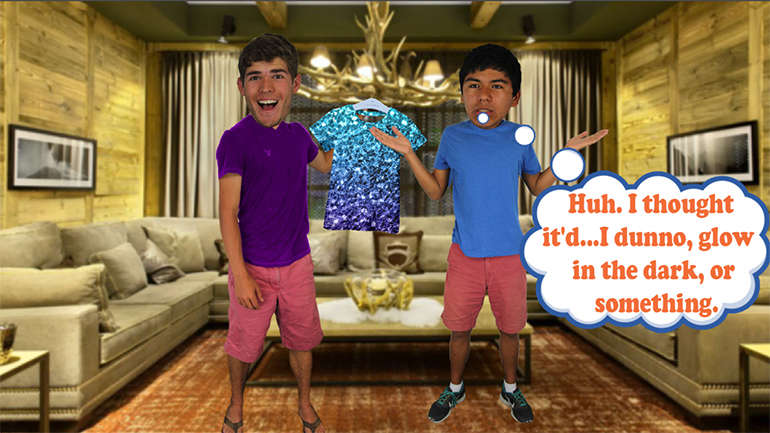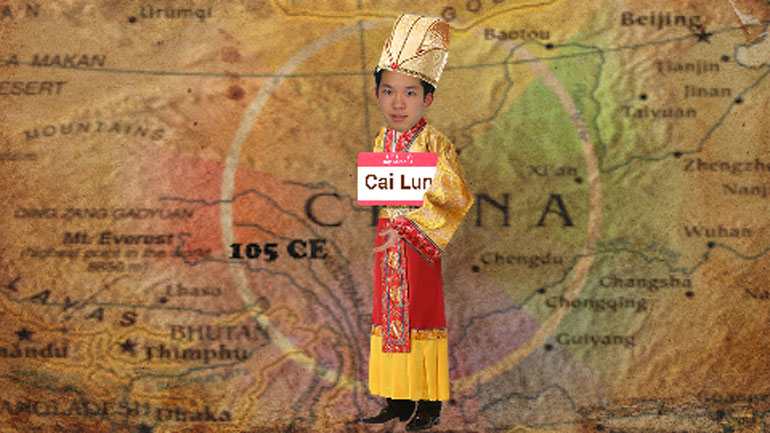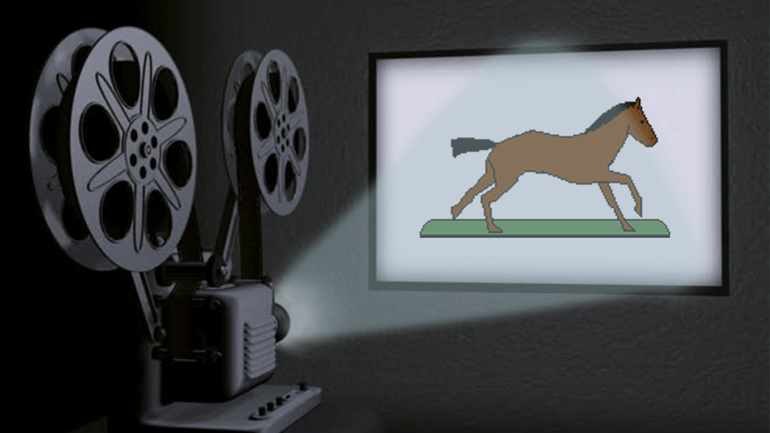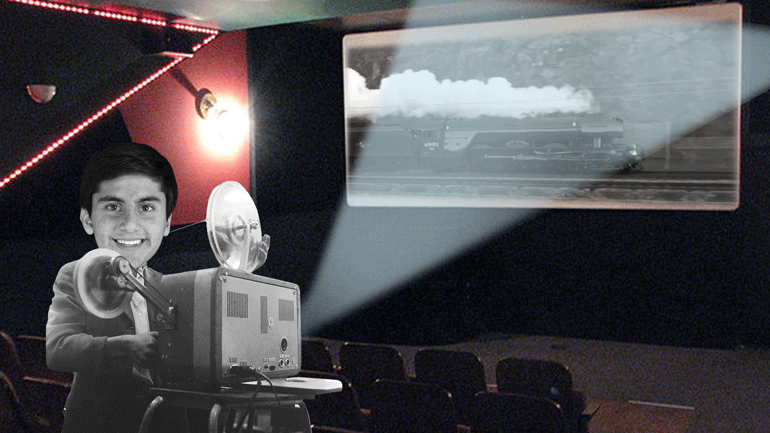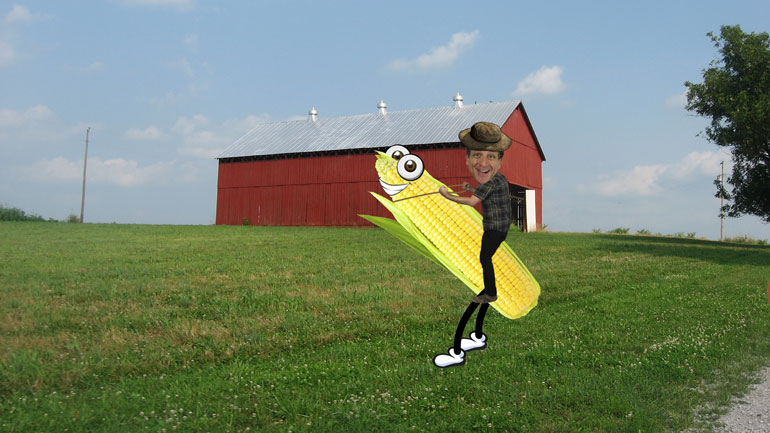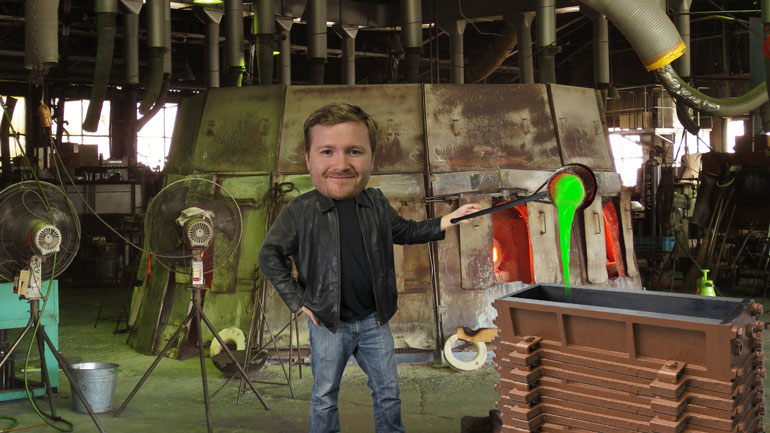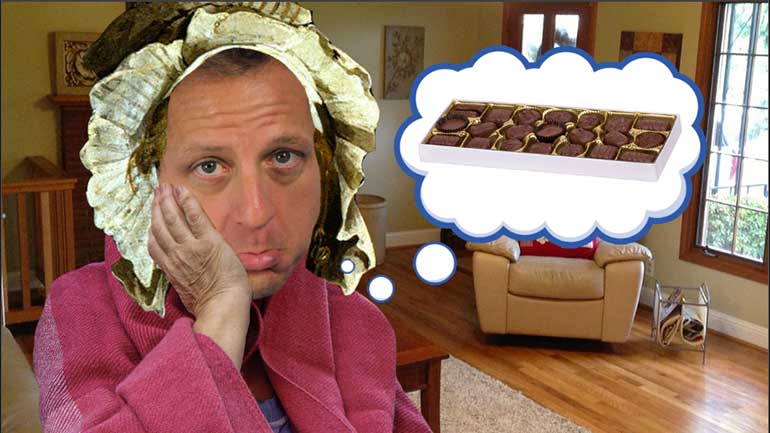ShmoopTube
Where Monty Python meets your 10th grade teacher.
Search Thousands of Shmoop Videos
Technology Videos 160 videos
What's the deal with wind? And why does it have to be so...windy?
How did people move stuff around before the wheel was invented? More importantly, why didn't they take a break for a few minutes from moving stuff...
History of Technology 5: Smallpox and Polio Vaccines 10 Views
Share It!
Description:
We hope you're not immune to awesome videos, because we've got a great one all about vaccines, just for you.
Transcript
- 00:02
While getting our shots isn't a lot of fun, it definitely beats what they
- 00:07
had to do in the old days. [kid snorts smallbox scabs... ew] There's nothing cool about snorting smallpox scabs,
- 00:12
that's a fact. Our modern techniques come to us partially from a man named Edward Jenner, [Jenner pictured]
- 00:17
an English doctor born in 1749. Well Jenner put together two pieces of common
- 00:23
knowledge: first that the principles behind
Full Transcript
- 00:25
inoculation were sound, although inoculation might sometimes kill you, and
- 00:30
second, that English milkmaids were generally immune to smallpox. [Jenner theorizes] Hmm... well
- 00:36
Jenner's big realization was about why dairy workers didn't get smallpox. [Milkmade throws milk on Jenner] Most
- 00:42
dairy workers had at some point contracted cowpox, which was a mild
- 00:46
virus that gave them a few scabs on their hands and then it just went away. [woman with cowpox is not amused]
- 00:50
Well, this was one of the few times in history that having scabby hands was a
- 00:55
good thing. [Jenner revels in scabby hands] Jenner realized that cowpox was related to smallpox, and it might
- 01:00
give people immunity to its nastier cousin... You know, that cousin who sleeps [gross smallpox cousin camps out]
- 01:05
on the couch eats all the food all day and, well, then erupts into pustules and
- 01:09
tries to, you know, kill somebody. Well, in 1796, Jenner conducted an incredibly
- 01:15
unsafe experiment to prove his theory. He infected a young boy with cow pox from a [boy gets shot]
- 01:20
milkmaid, then Jenner deliberately gave the same young boy smallpox Wow [Jenner gives boy smallpox]
- 01:27
Wow, and we thought sharing a straw at the movie theater was unhealthy. But still,
- 01:30
Jenner's sketchy experiment worked. The boy did not get smallpox, and he also did [boy doesn't get smallpox]
- 01:36
not die a slow and painful death through inoculation. Awesome... kind of. Well, it took
- 01:43
another 20 years before the world was aware of the new vaccine, but soon [vaccine normalized]
- 01:47
governments were experimenting with mandatory vaccination. The days of
- 01:51
smallpox were numbered. In fact the World Health Organization declared smallpox
- 01:55
eradicated in 1977. That's a big team win for no team human. Over the next century, [smallpox dies]
- 02:02
the epic battle between man and microbe continued with heavy losses on both
- 02:06
sides. [video game] In 1928, penicillin, the first effective
- 02:09
antibiotic was discovered. This seemed like a miracle cure for everything [penicillin destroys infections]
- 02:13
from syphilis to eye infections. Well, the public was pretty convinced that modern
- 02:18
medicine was on the brink of ending sickness forever. [sickness flies overhead] Not to give away the
- 02:22
ending, but humans still get sick... like, all the time. Just when things were [sick humans fall]
- 02:27
looking good, a new disease called polio appeared on the horizon. [polio appears] It was like in
- 02:32
video games when we think we've killed the boss and he comes back meaner and
- 02:35
uglier than before. [polio is hard to defeat] Well, polio is a virus that can get into
- 02:38
our spines or brains and caused partial or complete paralysis. For the first half of [paralyzed people]
- 02:47
the 20th century, it was the American public's greatest fear. If we were
- 02:50
Superman, polio was our scary contagious kryptonite. Well, 1952 the U.S. had its [Superman falls]
- 02:55
worst outbreak of polio ever. It left over 21,000 people disabled and killed [polio strikes]
- 03:02
another 3,000. Worst of all, most of the victims were kids. A great race began to [race begins]
- 03:08
find the cure for polio, fueled by public fears and fundraising.
- 03:13
Well, Jonas Salk, a young medical researcher from New York City, was the
- 03:17
winner of the Great Race. Wow did Salk do it? [Salk wins race]
- 03:20
Well, first, he discovered a way to grow the polio virus in tissue culture from
- 03:24
a monkey. [Salk experiments with polio] He then killed the virus before injecting it into a patient's
- 03:29
bloodstream. [vaccine tested] Well, after a massive trial involving 1.8 million children, Salk's
- 03:35
vaccine was proven effective. In 1955, the vaccine went to the market, in 1961 there
- 03:41
were less than 200 cases of polio reported. [people are happy] And that's how doing medical
- 03:45
experiments on children saved the day... [Salk helps children] Yeah, there's more than a little moral
- 03:50
ambiguity with that.
Related Videos
GED Social Studies 1.1 Civics and Government
When you're about to marry the love of your life, not many things could stop you. However, finding out that your future hubby is keeping his crazy...
Here at Shmoop, we work for kids, not just the bottom line. Founded by David Siminoff and his wife Ellen Siminoff, Shmoop was originally conceived...
ACT Math: Elementary Algebra Drill 4, Problem 5. What is the solution to the problem shown?
